Are you more empathetic or compassionate? Do you know there are surprising benefits of compassion? Read on to know why compassion is good for us and how we can do more of it.
Among so much disheartening news these days, once in a while there is a bright spot that is truly heart-warming. Such was the case when I read about, and watched on video, 21-year-old Naomi Osaka’s act of kindness and compassion toward 15-year-old Coco Gauff at the U.S. Open. After losing in the third round at the U.S. Open, Gauff was on the sidelines unsuccessfully trying to fight back tears.
Osaka immediately went over to her and offered kind words, and then invited her to be part of the post-match interview (which is usually only for the victors). During that interview, Osaka became teary as she spoke to Gauff’s parents in the audience, recalling being at the same training facility as Gauff, and acknowledging Gauff’s hard work, and how both they (the parents) and Gauff are “amazing.”
Also read The 7 Superpowers of Sensitive Souls
Surprising Benefits of Compassion
Interestingly, by expressing compassion, not only does the recipient of the compassion benefit but so too does the one giving compassion. Some of the many benefits to the person expressing compassion include reduced levels of cellular inflammation, increased perceptions of happiness and an experience of pleasure, a buffering effect against stress, an increase in longevity, a broadening ability to see a wider perspective outside of oneself, and increasing feelings of social connection (which in and of itself have major implications for health and well-being).
Empathy Versus Compassion
Whereas empathy involves putting yourself in another’s shoes and feeling the suffering of others, compassion goes further and involves a genuine wish or act to alleviate another’s suffering and to be with another in their suffering. This was the case with Osaka.

She could have walked off the court and in her own mind recalled what it was like to publicly lose at the U.S. Open (as had happened to her the year prior), and felt in her body what she imagined that Gauff might be feeling, by remembering or imagining the pain of such a moment.
But instead, she went further and reached out in such a genuinely compassionate way, in a moment that Gauff will likely never forget, and in a way that likely changed Gauff’s experience of her own suffering. Such moments are truly precious and we all have the capacity to offer them. In fact, the impact of doing so may be more far-reaching than you realize.
Also read How to Stop Being an Emotionally Repressed Person: Crying Therapy
A Personal Recollection
I still vividly remember such an act of compassion when I was 15. It was at my mother’s funeral, and I recall we were pulling into the driveway of the temple where the funeral service was being held. My mom had died tragically in a car accident, and it was a time of intense grief and suffering for my family and I.
As I looked up through my tears, I saw three of my friends from my dance class walking into the sanctuary to be at the funeral. I had no idea they were coming, and I certainly hadn’t expected them to be there. The fact that they had taken time from their own lives to be with me during this darkest time, to be present with me in my pain, was something I never forgot.
Sometimes, because seeing another person suffering is difficult, we might shy away from opportunities to reach out. At other times, we might feel helpless because we are not sure how we can make a difference. Other times, people may feel uncertain about how to express compassion.
Where Can We Start?
Where can we start? One place to begin is to look for opportunities for small acts of kindness in ordinary places. Sometimes something as simple as a smile, a warm gaze, or a small gesture can go a long way. I remember a time when my kids were younger and my son was having a meltdown in the grocery store. In that moment of frustration and embarrassment for me, someone walking by gave me a friendly smile and an understanding glance as they told me that it wasn’t long ago they too had experienced similar struggles with their child.
That simple gesture went a long way to help relieve my own angst and embarrassment and to let me know I was not alone. Recently, I was in New York City when a homeless man came on board a subway car spoke to everyone, explaining his family’s plight and asking for money. It was as painful to listen to his story as it was to watch as every single person in that car looked the other way as if he wasn’t there.
I felt my own inclination to do the same, then fought that urge and turned toward him, looked him in the eyes, and told him that I’m sorry that I had nothing to give him (I truly didn’t have a single bit of cash on me) but that I wished him and his family well. I’m not sure that my words made any difference, but I at least wanted to give him an experience of a human connection, as I would have wished for if I were in his shoes.
Another way that we can cultivate compassion is through the meditation practice of loving-kindness. It turns out that compassion, while innate, is also something that can be taught, learned and practiced.
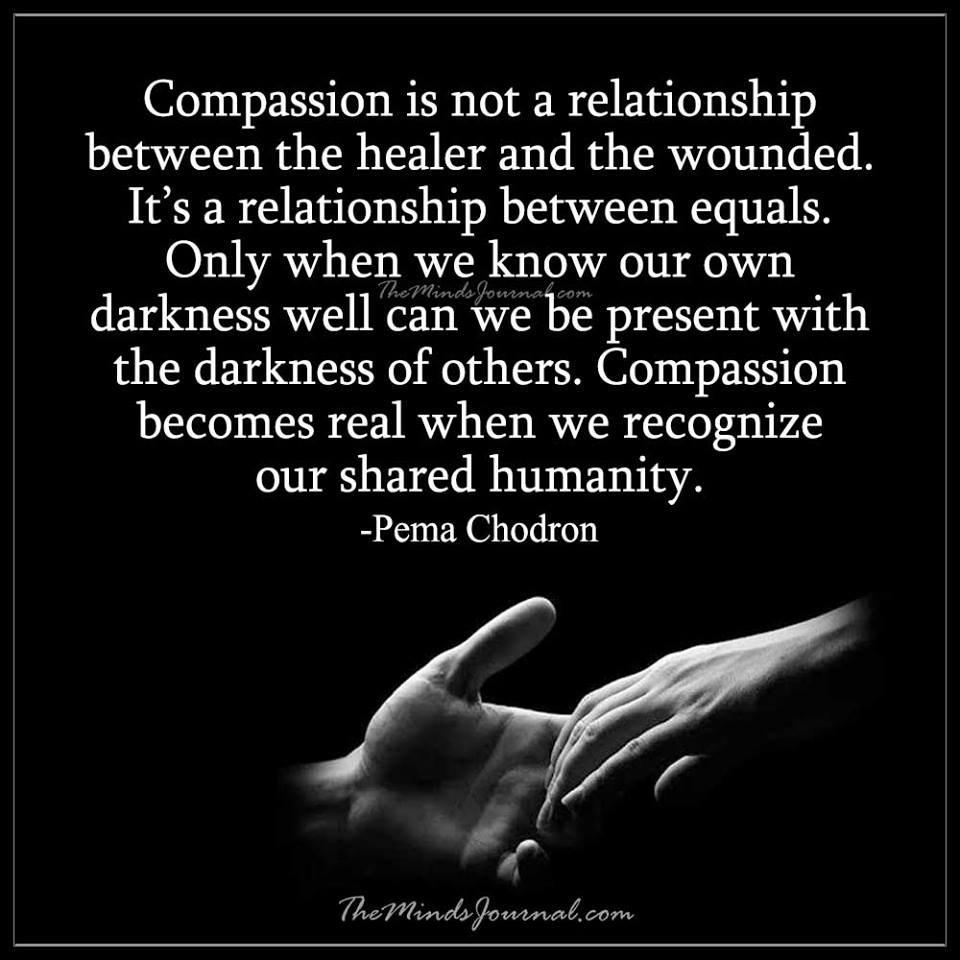
In one study, researchers found that two weeks of compassion training (involving listening to a 30-minute guided audio meditation) led to more altruistic behavior and brain changes (greater activation in the parts of the brain involved with empathy, emotional regulation, and positive emotions when viewing pictures of human suffering) than for those in the control group.
The meditation used in the study involved participants repeating the following phrases: “May you have happiness. May you be free from suffering. May you experience joy and ease.” Participants were first asked to picture someone close to them, wishing them these words in a time they have suffered; then they focused on sending themselves these words as they recalled a time that they have suffered; then they sent such feelings of compassion to a stranger, and finally they imagined sending these words toward someone that they have experienced some difficulty with in their life.
There are many variations of this meditation practice, but the idea is that phrases of compassion are repeated, sent to oneself and/or others, and become the object of attention throughout the meditation. Try it out and notice the positive feelings that emerge, even if only for a few minutes.
Also read How To Be More Courageous In Life: 4 Tips
Are you ready to practice compassion?
Practising compassion need not take long or add time to one’s day but it can have big payoffs, both for the recipient and the one offering compassion. Make it a point to find a small way of engaging in an act of compassion this week and notice the positivity that is generated.
Written by: Beth Kurland Ph.D. Originally appeared on: Psychology Today Republished with permission


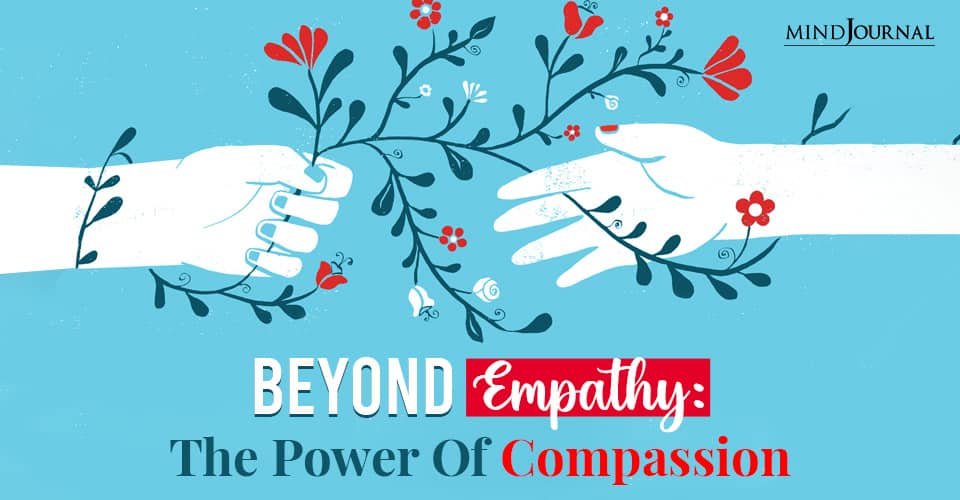


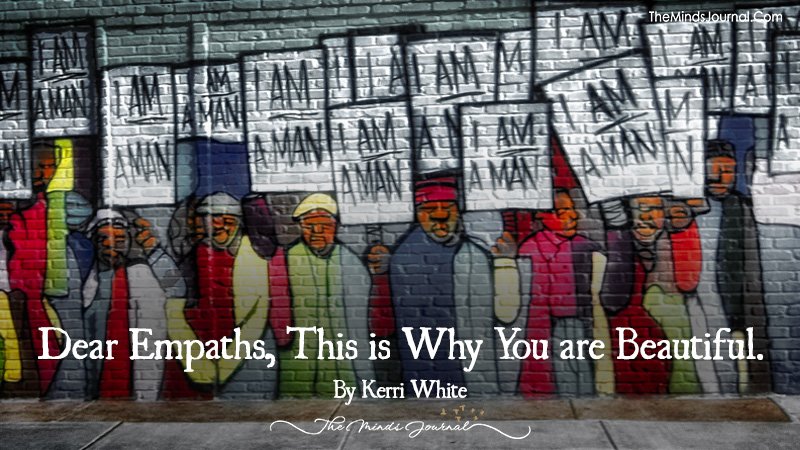
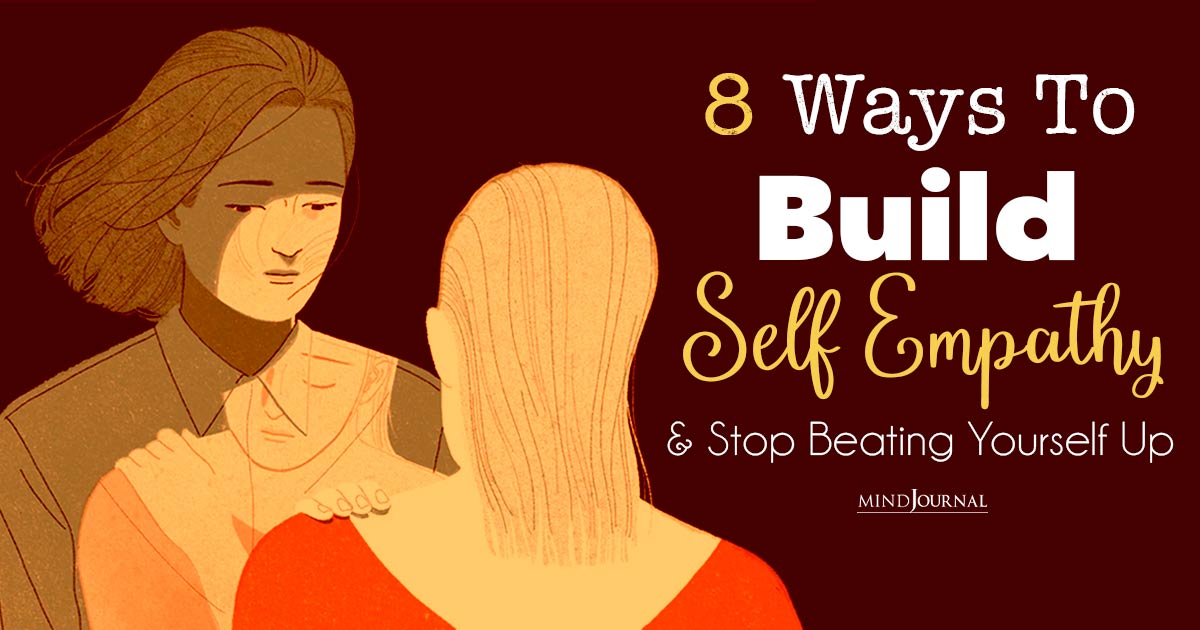


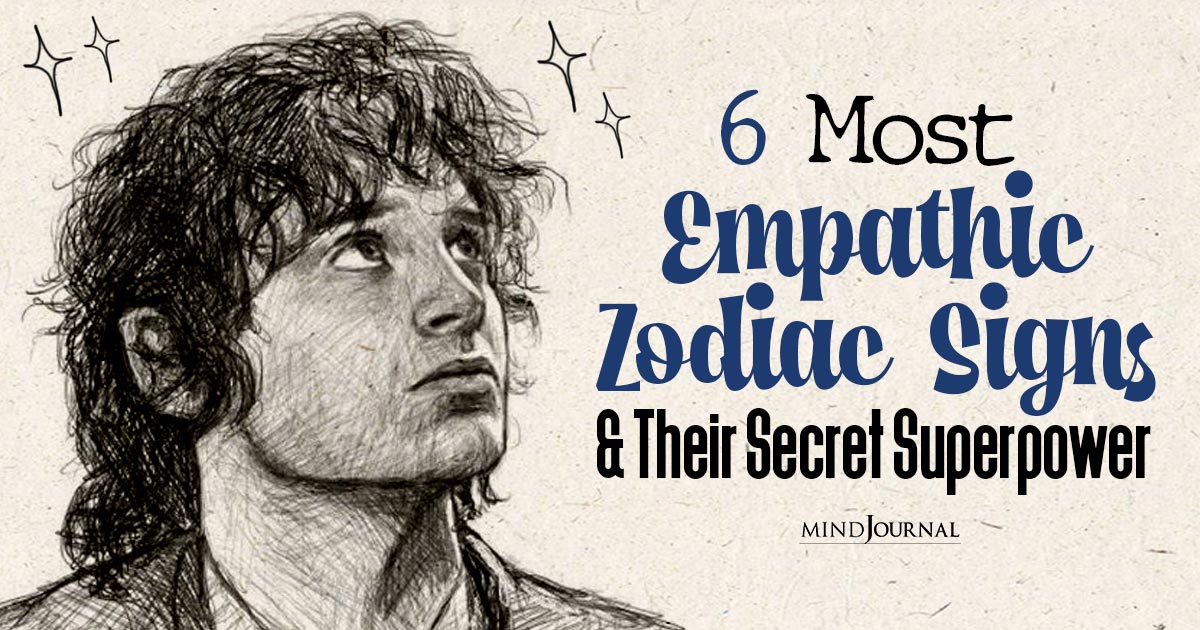
Leave a Reply